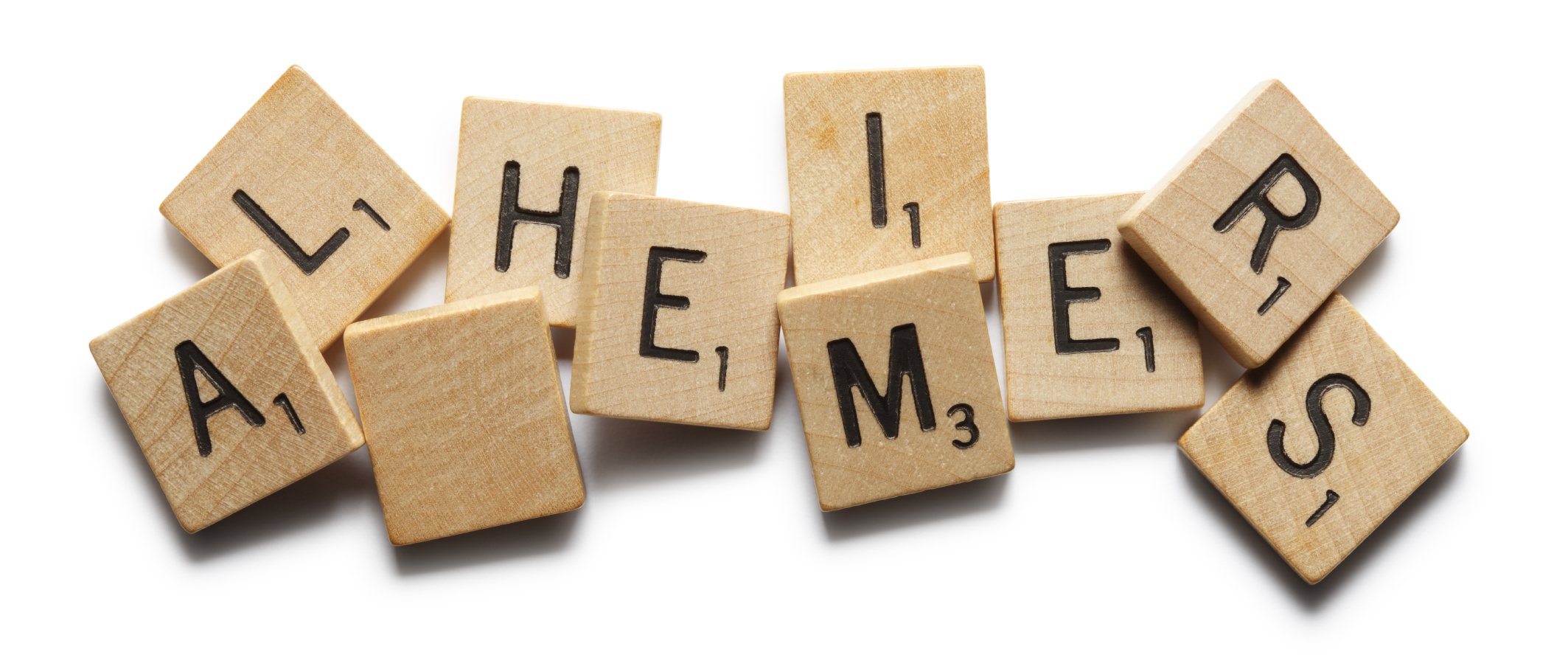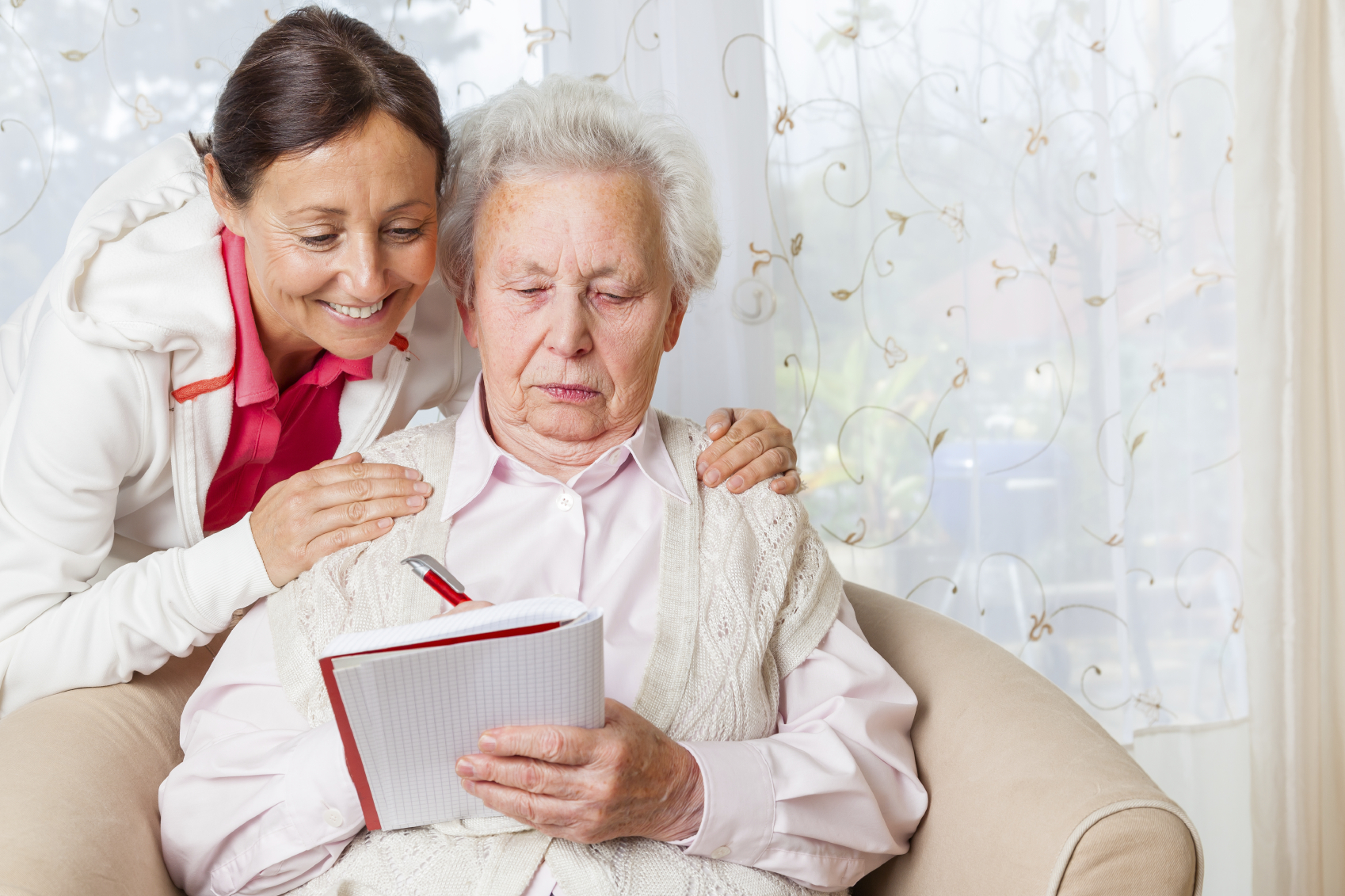AARP Hearing Center
This is the second installment I promised to my friend C. who, along with her siblings, takes care of her mom who is in the early stages of Alzheimer’s .
In the first installment, I provided some information about how to deal with family disagreement over care of a loved one and how to secure, if necessary, the help of a professional mediator when no other option is available. I hope C. found the information helpful.

C.’s mom is a vibrant, intelligent and so far independent woman, but Alzheimer’s has begun to take its toll. Her short-term memory is compromised and C. worries about her independence and her ability to do basic things like go to the grocery store or drive a car. She’s worried about not being able to communicate with her later on.
From my research, one thing emerges: while Alzheimer’s is still in the early stages – and for every patient the symptoms may manifest differently – your key caregiving role is to provide support and companionship.
With C.’s mom, the key for my friend and her siblings is to lovingly help her to keep appointments, remember words, names, and places, manage money, manage medications, and help her with planning, organizing and completing tasks. There are many ways to do this, from creating shared calendars, to helping her take and keep notes, and figuring out medication schedules, appointment schedules, etc.
But more than anything, it’s about dealing with the frustrations, anxieties and embarrassment patients feel when affected by the loss of memory - and doing it with love and patience.
There are additional issues. Since C. is not caring for her mom by herself – as I am with my mom, Sarah – she might want to gather her siblings and their mom and figure out a system for addressing legal, financial and medical care plans for the future. While these may not seem urgent now, they will become crucial as Alzheimer’s advances. One necessary conversation deals with talking about her future driving, including talking about the point when driving will no longer be an option. C.’s mom needs to be part of that conversation and be allowed to express her wishes for all future decisions involving her.
In early stage Alzheimer’s it is very important to stay physically and mentally engaged. C. and her siblings will want to devise ways for their mom to have a healthy lifestyle including eating well, exercising and seeing her doctor regularly and to spend as much time as possible with friends and family doing the things that she loves the most.
Because C.'s mom is a very independent woman, it is also very important to provide her the support that she needs to allow her to remain as independent as possible. Calling and visiting every day is fundamental, which means devising a scheduled rotation of family visits. But it is just as important to ensure that others – friends, neighbors or a professional care person – get involved in daily visits and calls and helping with housekeeping, meals, errands, or even paying bills. The Alzheimer's Association has a great Navigator to help C., and others like her, figure out a plan.

That's a long list of things to do: it all starts with love, patience, and a positive attitude to reinforce her independence, allow her to have a voice in her own care but also ensure that a network of support is put in place so that she is taken care of as she deals with the progression of the disease.
I hope C. finds this helpful. As for others, if you have questions or want to share your own caregiving story, please do so by leaving a comment or sending me an email.
Until next time!































































